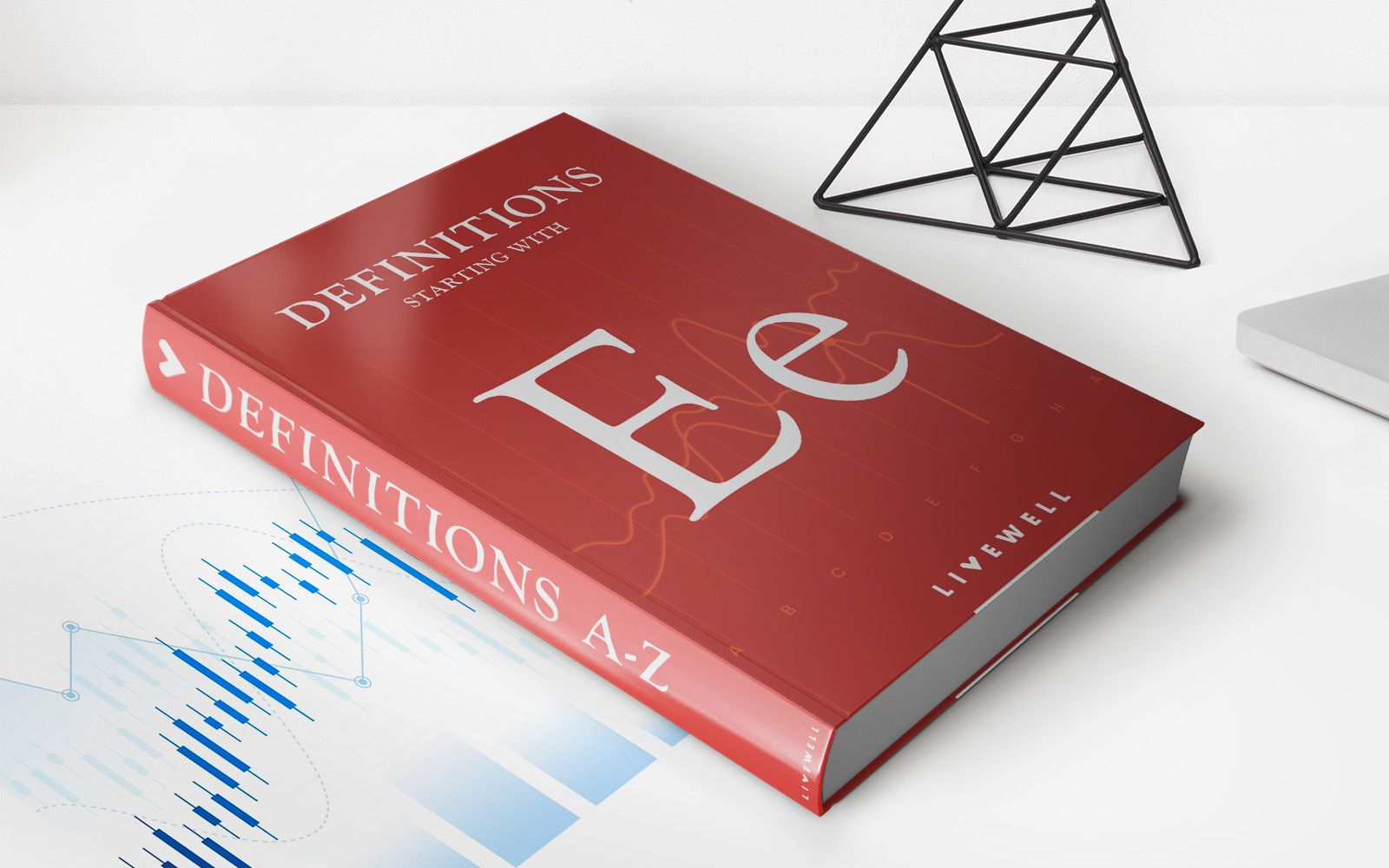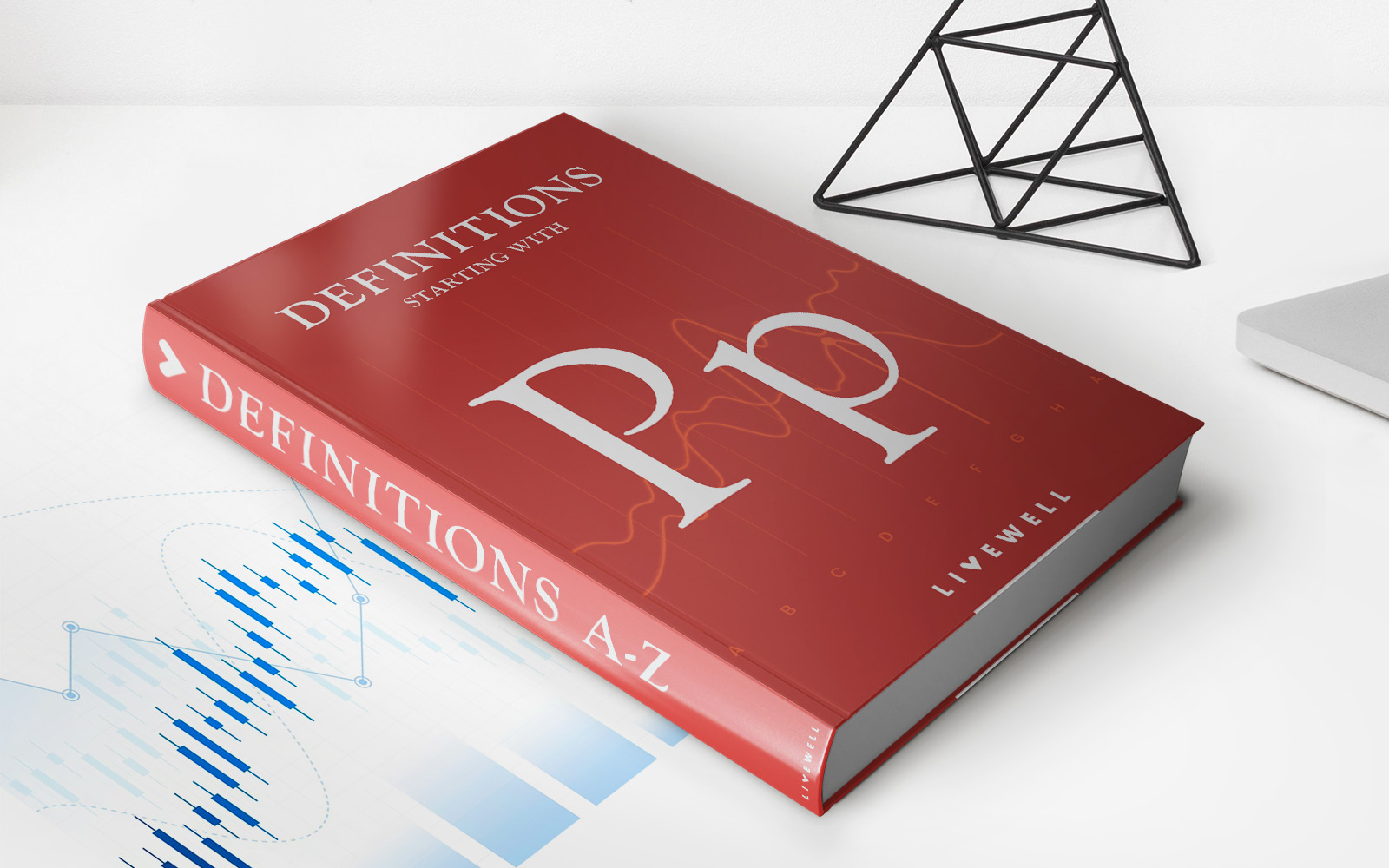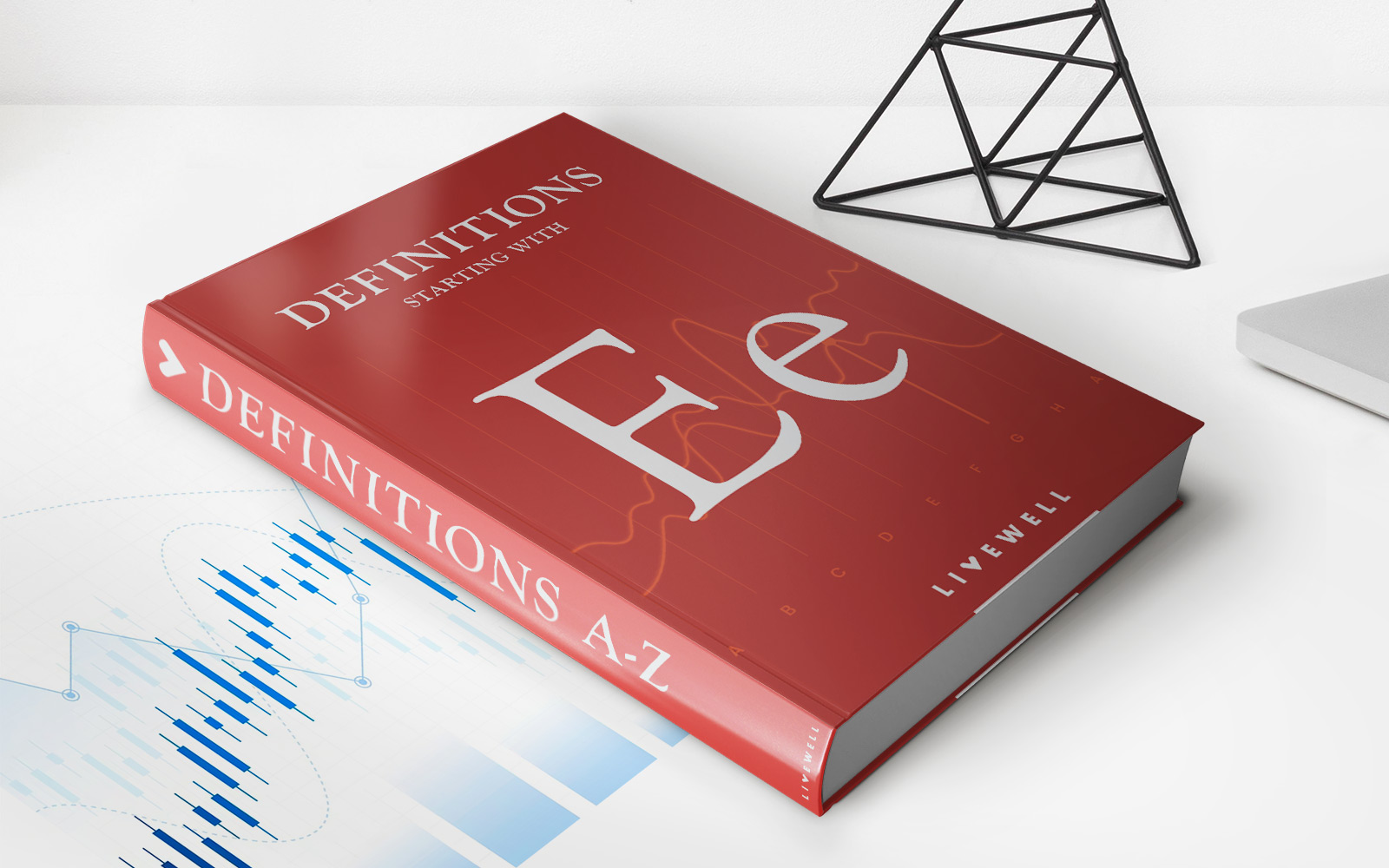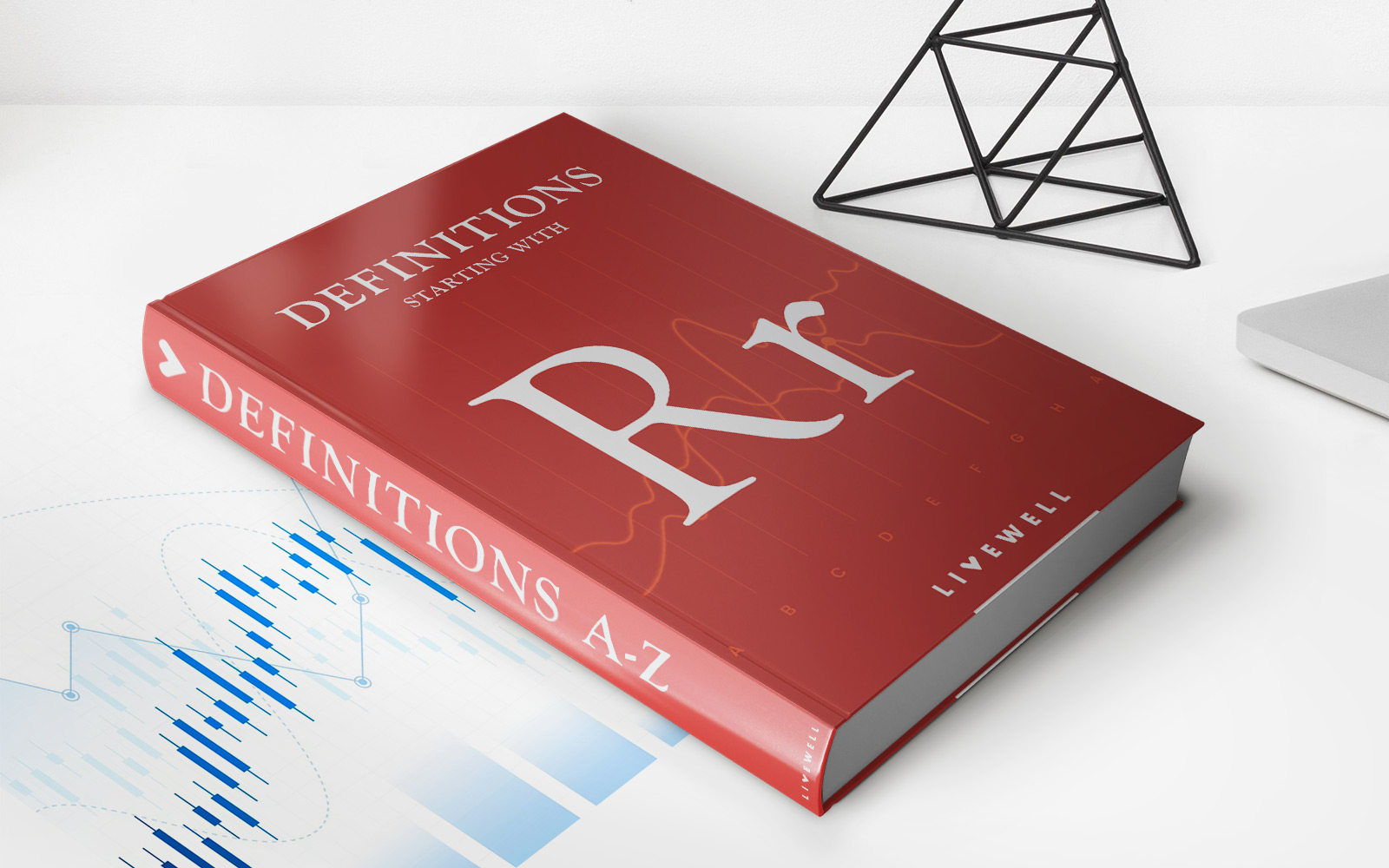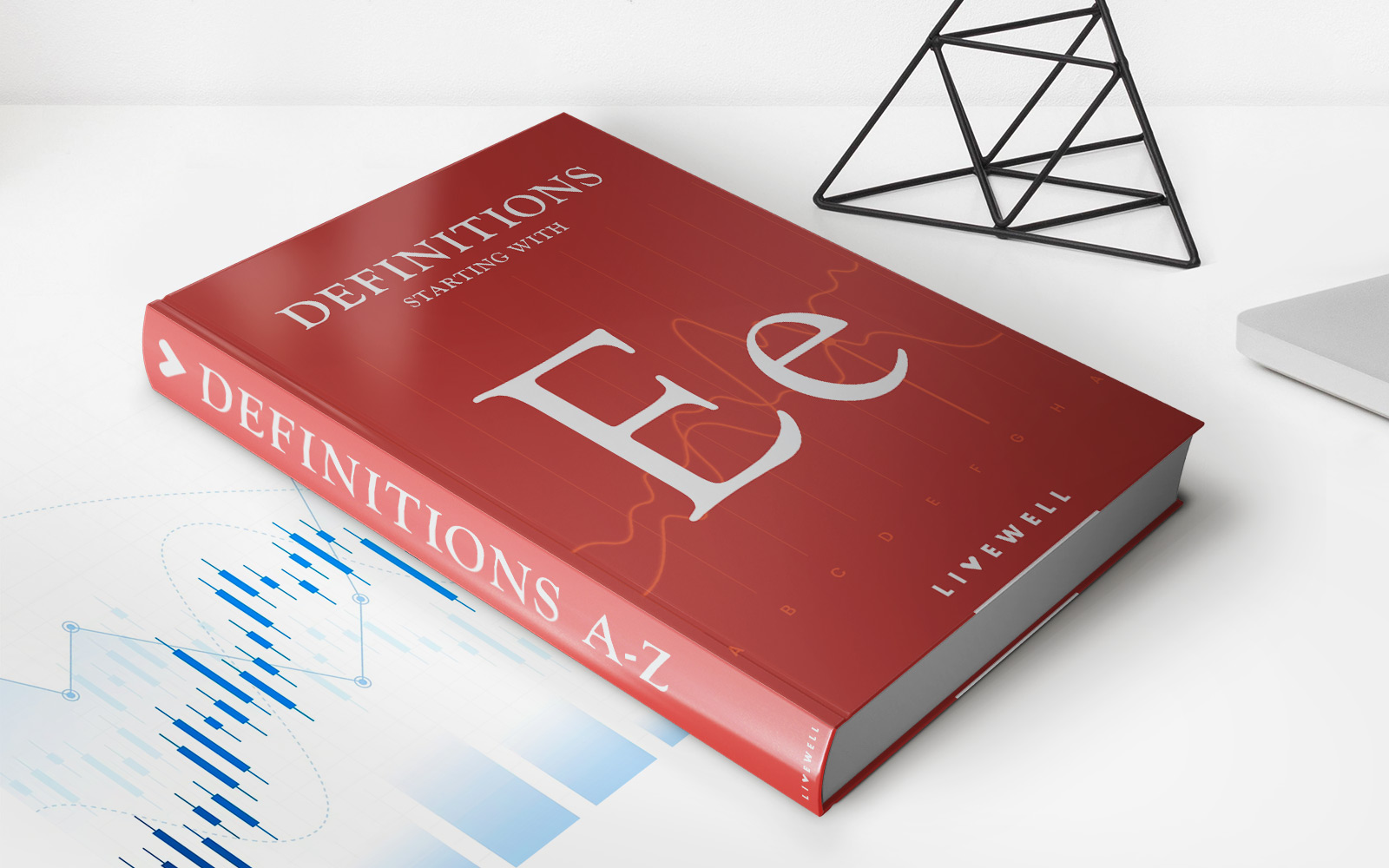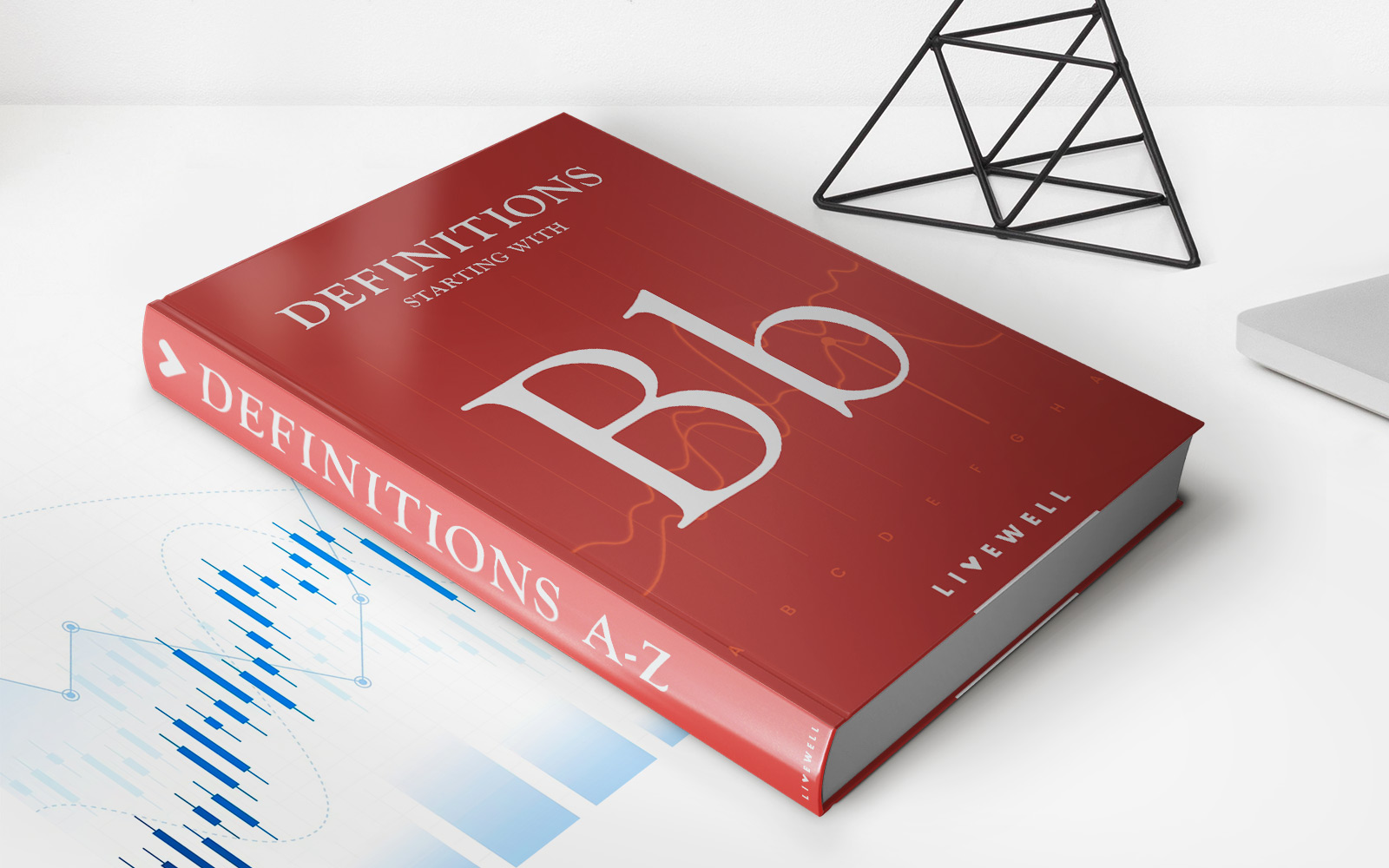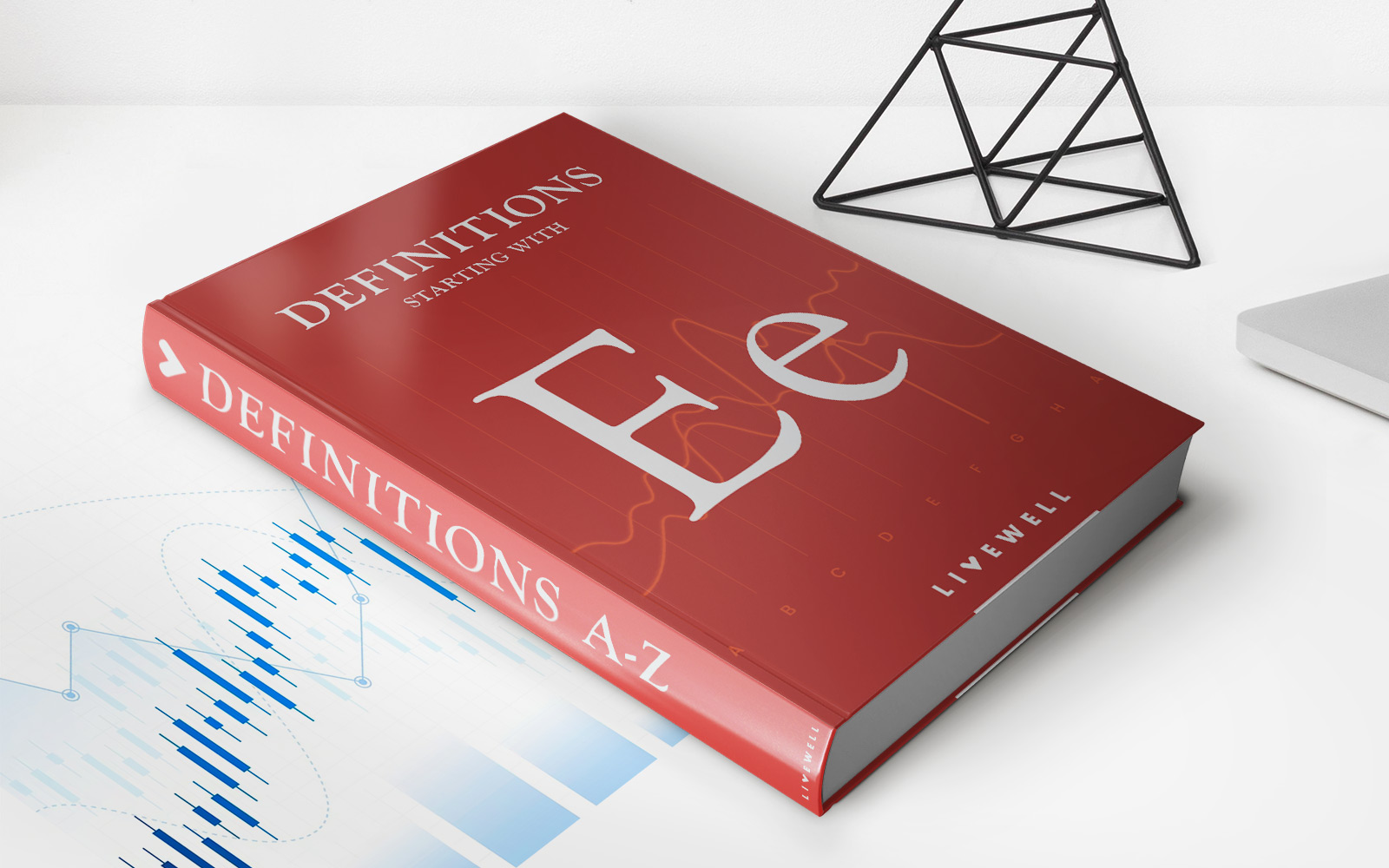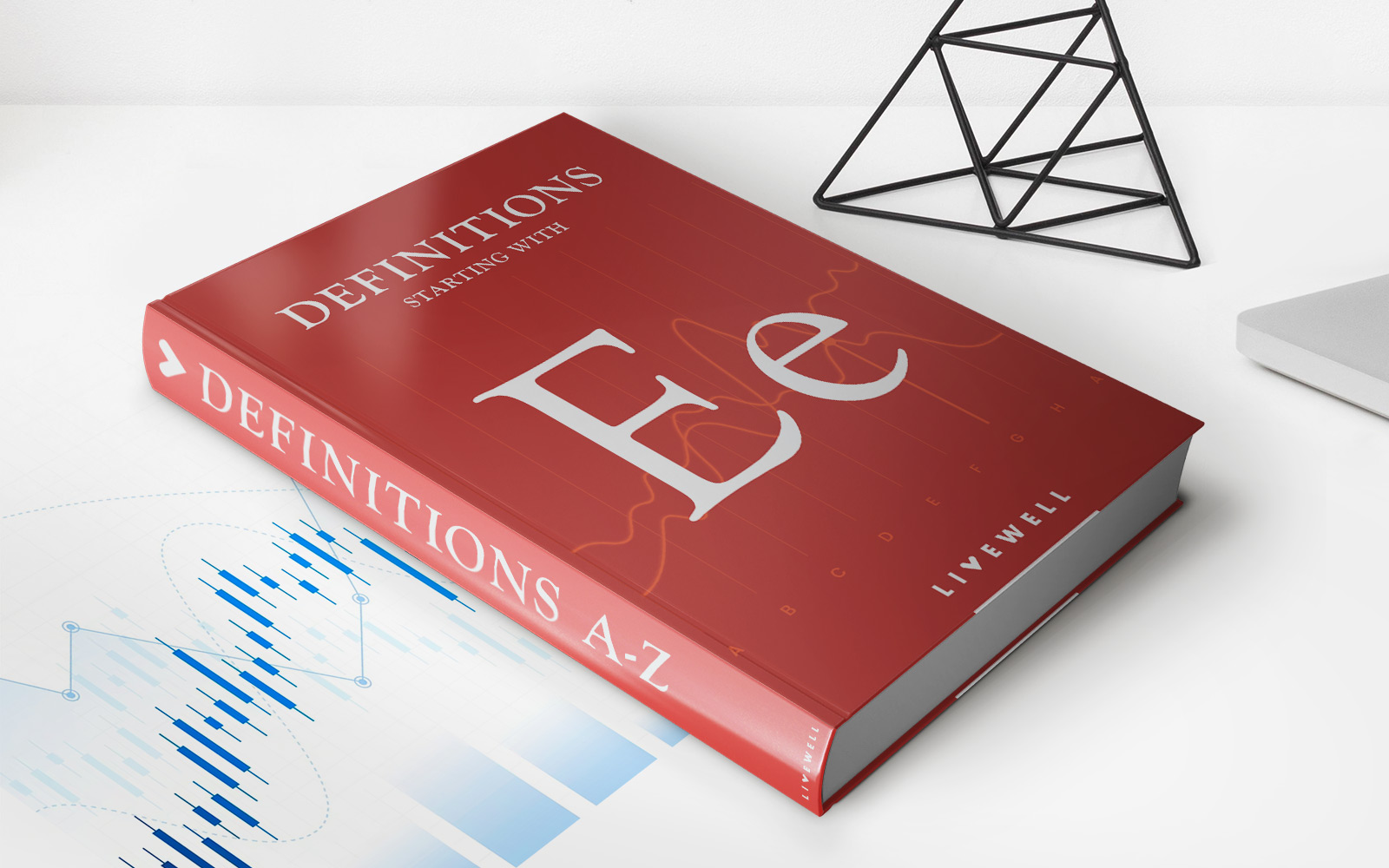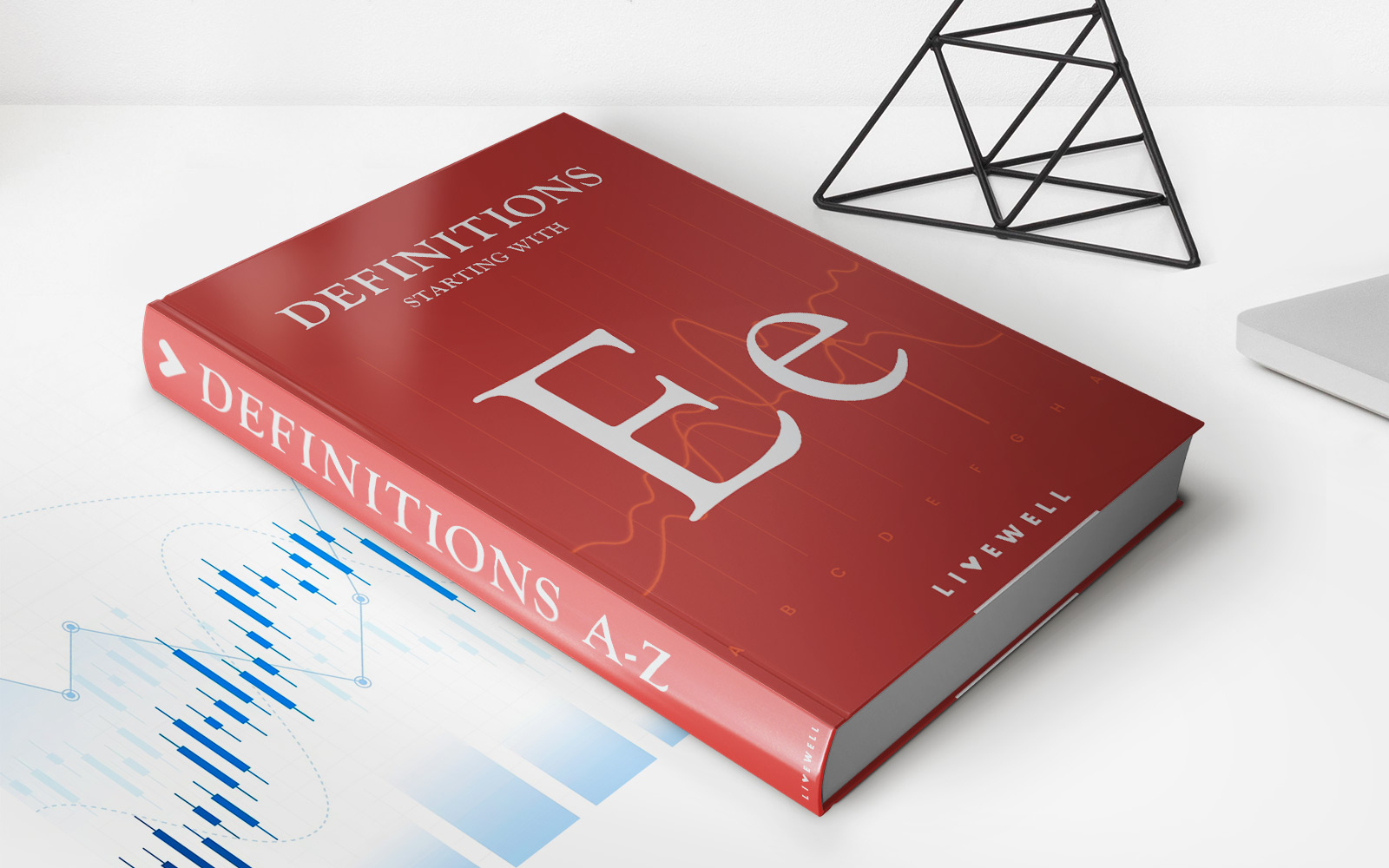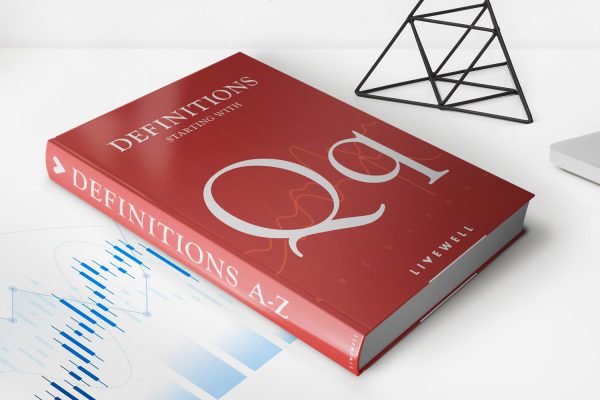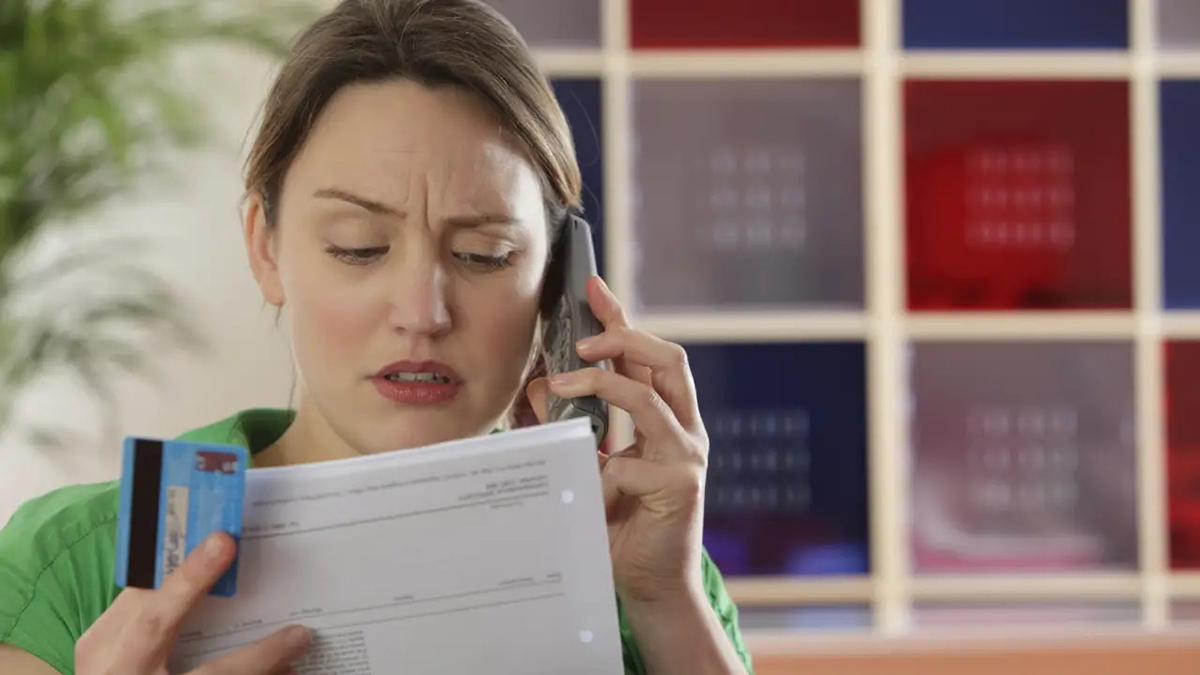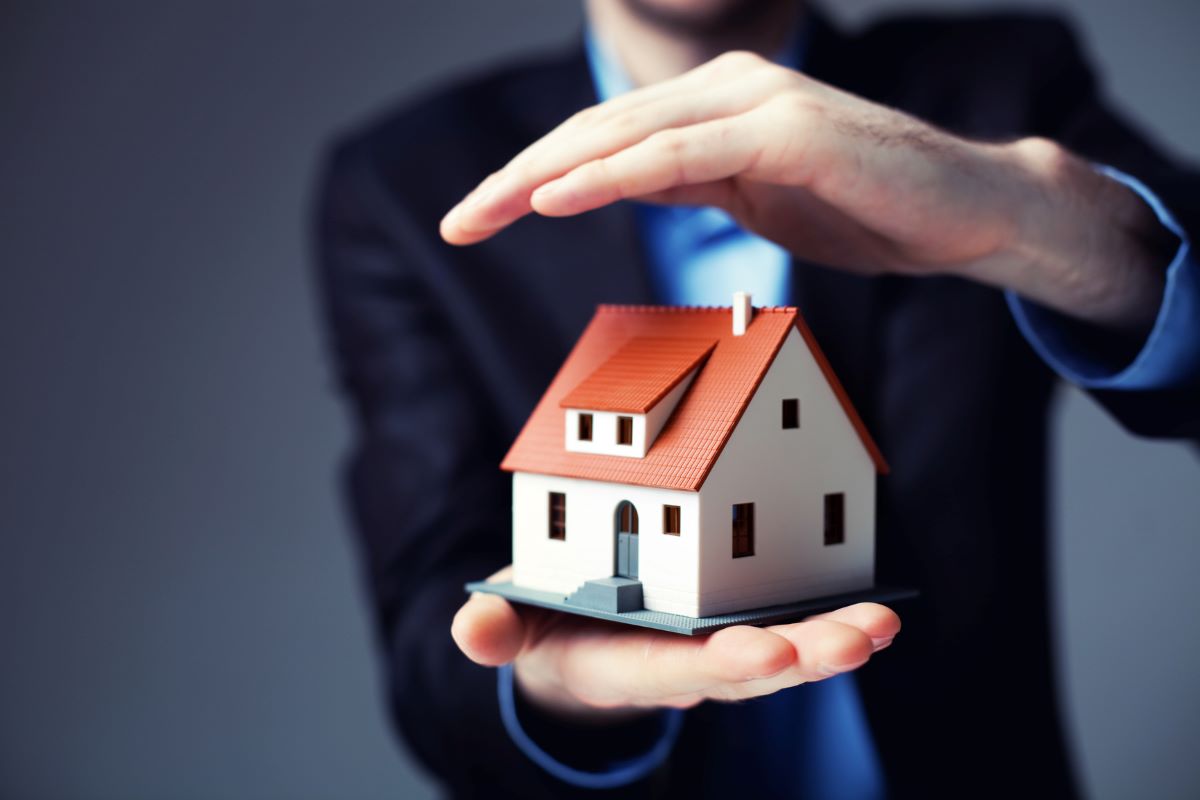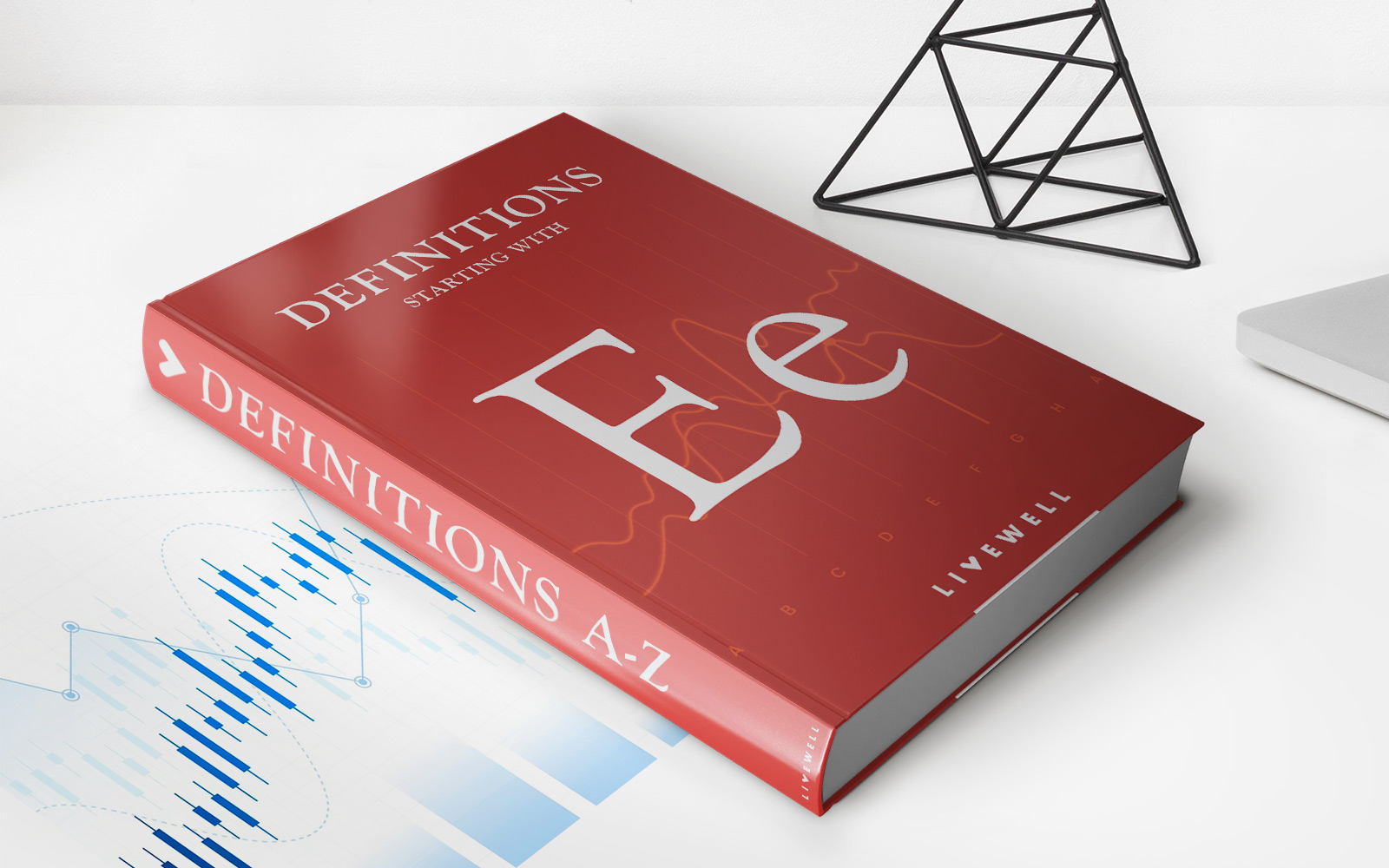

Finance
Energy Improvement Mortgage Definition
Published: November 18, 2023
Discover the meaning of Energy Improvement Mortgage and how it relates to finance. Learn how this financing option can help you make energy-efficient upgrades to your home.
(Many of the links in this article redirect to a specific reviewed product. Your purchase of these products through affiliate links helps to generate commission for LiveWell, at no extra cost. Learn more)
Energy Improvement Mortgage Definition
When it comes to financing home renovations or energy efficiency upgrades, there are various options available. One option that homeowners can explore is an Energy Improvement Mortgage (EIM). But what exactly is an EIM and how can it benefit you? In this blog post, we will delve into the details of this innovative mortgage option and explain why it should be on your radar if you’re considering making energy-efficient upgrades to your home.
Key Takeaways:
- Energy Improvement Mortgages (EIMs) are specialized loans designed to finance energy efficiency upgrades for residential properties.
- These mortgages enable homeowners to increase the value of their property through energy-efficient improvements, while benefiting from potential energy cost savings in the long run.
An Energy Improvement Mortgage is a mortgage product specifically tailored for homeowners looking to make energy-efficient upgrades to their properties. This unique type of mortgage allows you to borrow additional funds to cover the costs of making energy efficiency improvements, such as installing solar panels, upgrading insulation, or replacing outdated heating and cooling systems. The main advantage of an EIM is that it allows you to finance these upgrades without the need for a separate, unsecured loan.
While traditional mortgages solely consider the appraised value of the property, Energy Improvement Mortgages take into account the energy efficiency upgrades being made. This means that the value of your property may increase as a result of the upgrades, potentially leading to higher appraisals and lending limits. Additionally, these improvements can help reduce your energy bills over time, making your home more cost-effective and environmentally friendly.
Energy Improvement Mortgages are typically secured by the property’s value after the energy-efficient upgrades, allowing for larger loan amounts. This opens up opportunities for homeowners to make significant improvements that they may not have been able to afford otherwise. The additional financing also provides flexibility, as you can spread the cost of the upgrades over the life of the mortgage.
So, how can you access an Energy Improvement Mortgage?
To qualify for an EIM, homeowners typically need to undergo an energy audit to determine the potential energy savings from the proposed upgrades. This audit helps both the homeowner and the lender assess the overall impact of the upgrades and estimate the future energy cost savings. The results of the energy audit will then be used to determine the value of the improvements and the associated financing amount.
It’s important to note that the availability of Energy Improvement Mortgages can vary depending on your location and the specific lenders you work with. Some lending institutions might offer specialized EIM programs, while others may require you to work with an approved energy consultant or contractor to ensure the energy-efficient upgrades meet required standards.
By leveraging an Energy Improvement Mortgage, you can improve the energy efficiency of your home and potentially increase its value, all while benefiting from reduced energy costs. Whether you’re looking to reduce your carbon footprint, make your home more comfortable, or simply save money, an EIM could be the financing solution you’ve been searching for.
If you’re interested in learning more about Energy Improvement Mortgages and how they can benefit you, reach out to a reputable lender or mortgage broker in your area. They can guide you through the process and help you determine if an EIM is the right fit for your home renovation or energy efficiency project.
